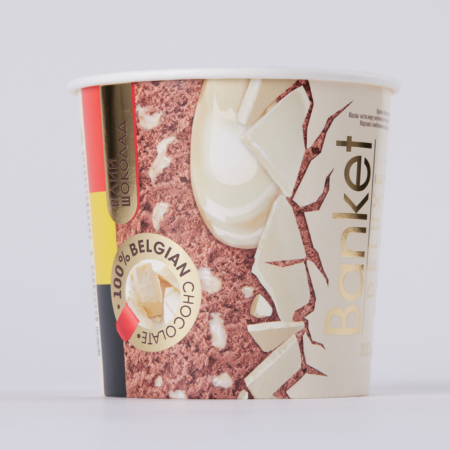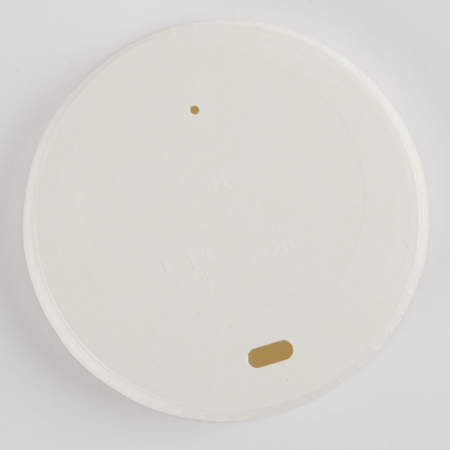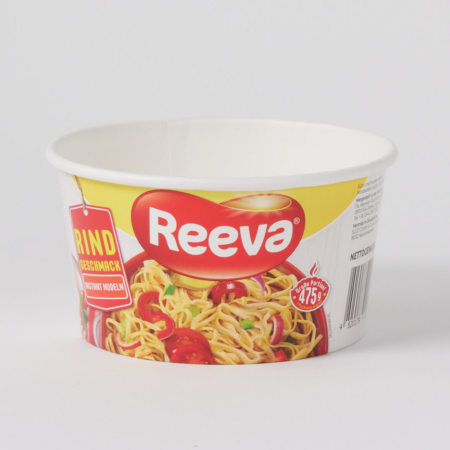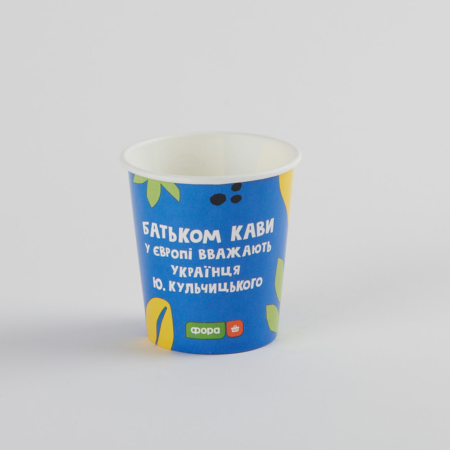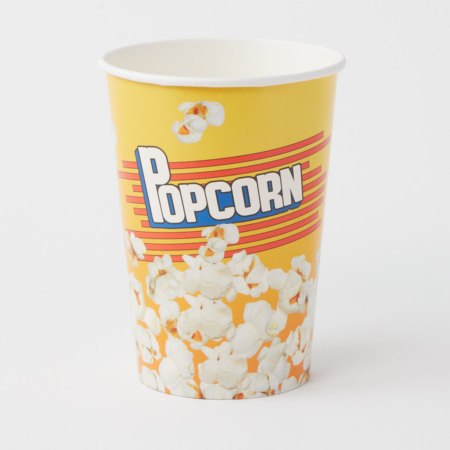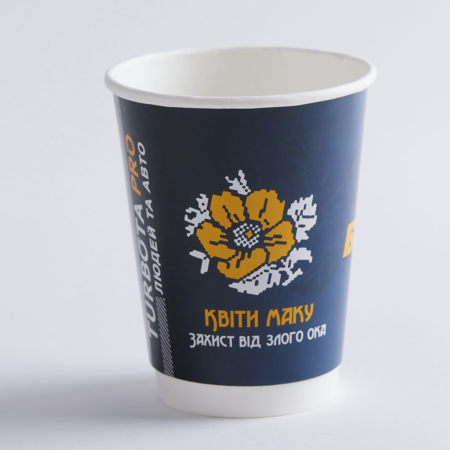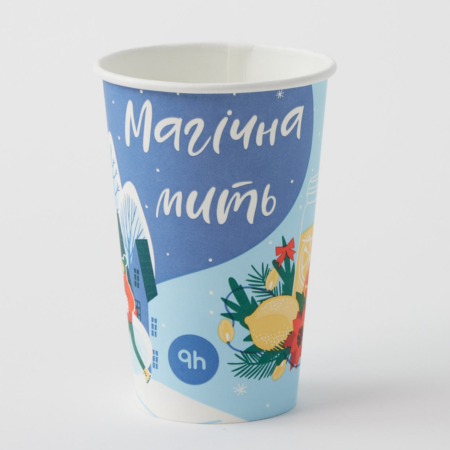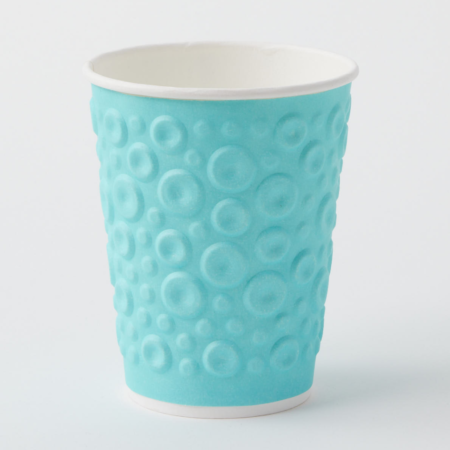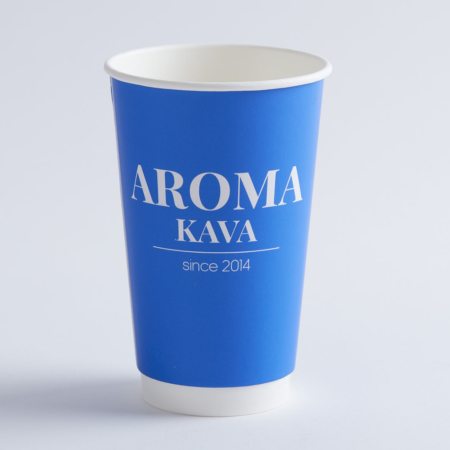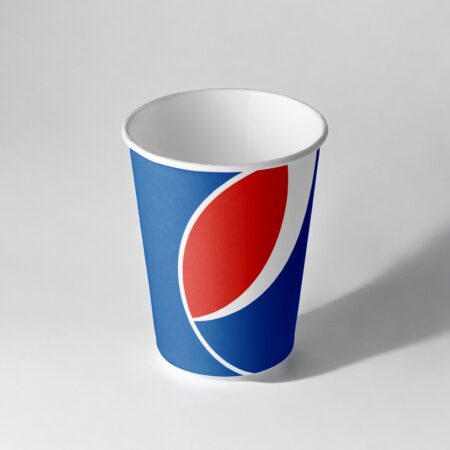

Caring for the environment: Univest makes a conscious choice in favor of compostable food packaging
The process of natural decomposition of organic materials under the influence of microorganisms in aerobic conditions is called composting. The resulting substance – compost – is used as a fertilizer for the soil. Univest products made from molded fiber or with barrier coating are also compostable, which minimizes the harmful impact on the environment and reduces the amount of waste.
Sustainable development – is the way of maintaining a balance between economic growth, environment protection, and social responsibilityof the Company. Sustainability of the Univest business ecosystem lies in its renewable nature, biodegradability, recyclability, low carbon footprint, eco-friendly alternatives, adherence to standards, and increasing consumer awareness. By prioritizing sustainable practices and materials, we are the reliable supplier for our partners with care about people and environment.
Univest is responsible for improving our processes and upgrading for a more suitable future.Starting from sustainable and renewable raw materials through modern and efficient production to packaging materials that correspond to the increasing demand for sustainable solutions that fit circular economy we support sustainable development goals.
We produce biodegradable and fully recyclable products such as molded fiber lids (UniLids) and paper cups (UniCups) with barrier coating.
Biodegradable and fully recyclable products
By investing in high quality products we combine craftmanship and unique techniques with safety and quality to create products season-free and stand the test of time through recycling.
Our low waste approach to production means we avoid over-production and raw-material stocks.
We work tirelessly to reduce waste at every stage of the production:
- Univest prefers to supply raw materials from areas with low risk of water scarcity.
- Water recycling and circulations are increased.
- All wastewater from production is always treated using the appropriate technology.
- The share of renewable energy is increased in production.
- Univest respects international labour rights, incl. equality, safety, freedom of association and collective bargaining as well as other employee rights defined by the ILO (International Labour Organization).
SDG 11: SUSTAINABLE CITIES AND COMMUNITIES
- We promote and support systemic recycling and the use of materials for as long as possible.
- Our materials are fit for the circular economy through the value chain and are always recyclable.
SDG 12: RESPONSIBLE CONSUMPTION AND PRODUCTION
- Univest was established to offer solutions for sustainable consumption and production.
- We use renewable raw materials from sustainable sources.
- Technology and material innovations lead the way to better material properties, improved resource efficiency and the reduced use of plastic.
- Certain products made of Univest can be used several times before recycling.
SDG 14: LIFE BELOW WATER
- Univest provides biobased solutions to decrease the share of plastics in end uses that often end up in the sea.
SDG 15: LIFE ON LAND
- Univest only procures fibre from sustainably managed forests and transparent sources. Univest is committed to forest certification schemes that include environmental, social and economic aspects and take biodiversity into account.
There are the implemented factors of sustainable development of food service packaging company Univest below:
- Renewable Resource: Paper, the primary material used in packaging production, is derived from trees, which are a renewable resource. Sustainable forestry practices ensure that trees are replanted to replace those harvested, promoting the long-term health of forests.
- Biodegradability: Packaging made from the molded fiber (pulp) is biodegradable, and can naturally decompose over time. This reduces the burden on landfills and minimizes environmental impact compared to non-biodegradable alternatives like plastic.
- Recyclability: Paper tableware can be recycled multiple times, further extending its life cycle and reducing the need for virgin materials. Recycling paper helps conserve natural resources and reduces energy consumption and greenhouse gas emissions associated with paper production.By investing in high quality products we combine craftmanship and unique techniques with safety and quality to create products season-free and stand the test of time through recycling.
- Low Carbon Footprint: The production of paper disposable tableware generally has a lower carbon footprint compared to other materials like plastic or styrofoam. Sustainable manufacturing processes and sourcing practices can further reduce emissions and environmental impact.
- Eco-Friendly Alternatives: eco-friendly alternatives such as fiber, pulp, recycled paper or using plant-based, barrier and compostable coatings are available for the order.
- Certifications and Standards: Available and confirmed certifications and standards exist to ensure the sustainability of paper products. Choosing certified products can help support sustainable practices in the industry.
- Consumer Awareness: Growing consumer awareness and demand for environmentally friendly products are driving manufacturers to adopt more sustainable practices in the production of paper disposable tableware. Transparency in sourcing, manufacturing processes, and eco-labeling can help consumers make informed choices.



